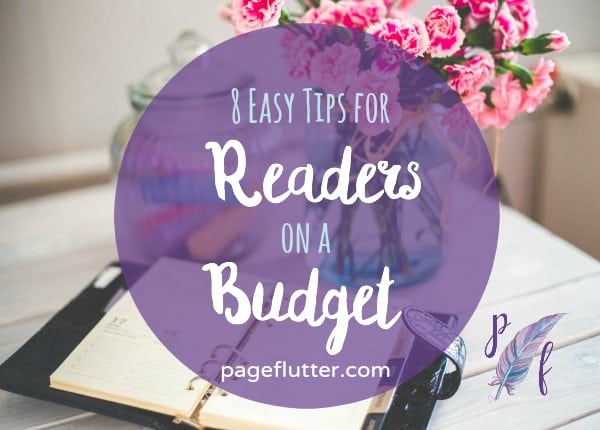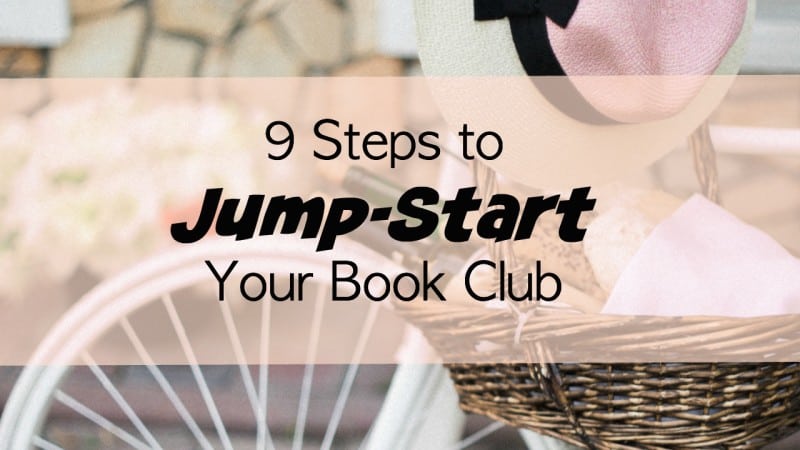If you’re just getting started on your journaling journey, it can be tough to know where to start. Finding yourself staring at the blank page of a beautiful new notebook is no fun, which is why I’ve put together these journal ideas for beginners.
As a beginner journal writer, it can be difficult to know where to start. This is especially true if you’ve never written in a journal before or haven’t honed in on why you want to get into journal writing.
The most important thing to remember when starting is that there is no right or wrong way to journal.
There are so many different types of journals, and each person has their unique way of journaling.
If you experiment a bit to find a method that works for you and your goals, and is something that you enjoy, you can’t go wrong, and will soon start to see the benefits of journaling in your own life.
But if you need some ideas to get started? Check out these journaling ideas for beginners I’ve brainstormed below.
Why Get Started with Journal Writing?
There are many reasons why people choose to journal.
For some, it is a way to process their thoughts and feelings about events in their life, get their head in the game each morning, express gratitude, or support their mental health or manage anxiety.
For others, it is a way to track progress, goals, self-care and personal development, through habit tracking, to do lists, project planning and even Not to Do lists.
Whereas some people are diehard Bullet Journaling® fans, others simply want a way to document their life and experiences through writing or art journaling projects.
Regardless of your reason for journaling, it can be a helpful and therapeutic activity, whether you do it once in awhile or build it into your everyday routines.
It can provide a way to express yourself and help you reflect on your life. Heck, you can even use it to write your own memoir!
19 Journaling Ideas for beginners
#1 Just Get Started
The best way to get started is to simply start writing. As I mentioned, there is no right or wrong way to journal. Just start writing down your thoughts and feelings. You can write about anything on your mind, no matter how big or small. This can be a great way to get started because it can help you get all your thoughts and feelings out on paper.
If you can’t get over the writers block, use journal prompts. Journaling prompts are often organized into themes, such as gratitude journaling prompts or self-discovery prompts. Prompts
You can pick and choose from the themes and prompts that most interest you, and switch up based on your moods.
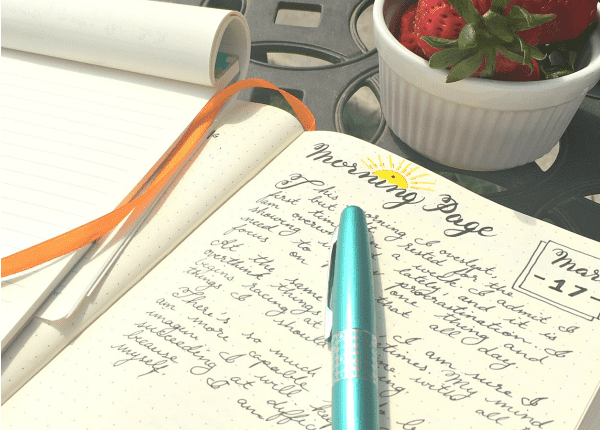
#2 Use Visual Journal Prompts to Create an Art Journal
If you’re feeling stuck, try using some visual journaling prompts. They’ll help you get your creative juices flowing; before you know it, you’ll be in the zone!
Visual journaling is a great way to get in touch with your creativity, whether you’re a beginner or a seasoned pro. Who knows, you might just surprise yourself.
You can also add a visual element to written journaling through doodling, washi tape, stickers, and colorful pens. It doesn’t have to be perfect, but can be a fun way to express your creativity or simply zone out while you journal.
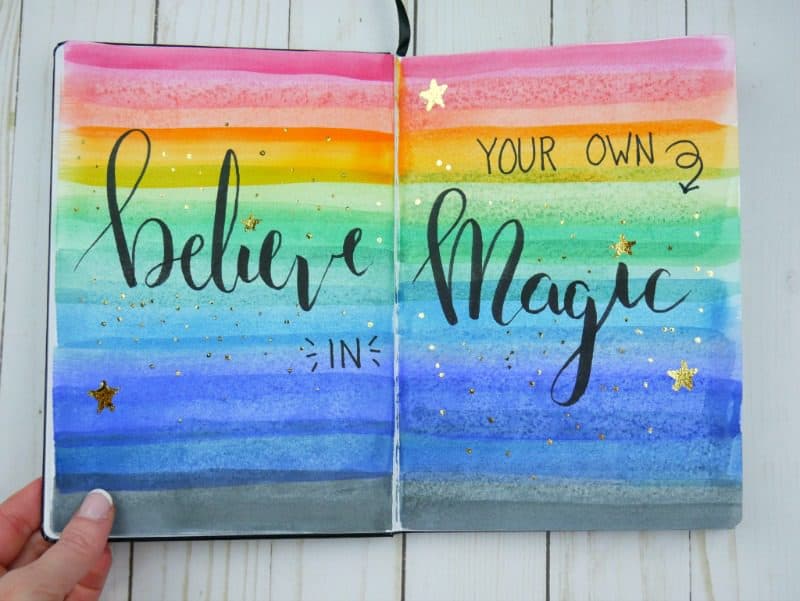
#2 Plan your Dream Dinner Party
Who would you invite? What would you serve? Where would it be? This can be a fun way to get your creative juices flowing.
This is another excellent journaling idea for those who love to entertain.
I also love this topic because you can mix in drawing, stickers, and writing to convey how the party would go!
#3 Think about your “firsts.”
First kiss, first love, first car… there are so many “firsts” in life.
Write about one (or more) of them.
We all treasure our “firsts,” Your journal will also love to hear about them!
What was your first kiss like? Tell the story of how it happened.
Be as detailed as you can, and don’t forget to include all the emotions you felt at the time.
First love is another great topic to write about. How did you meet this person? What were your first impressions? How did your relationship develop?
Be sure to share both the good and the bad moments.
Whether it’s your first car, your first job, or your first apartment, we all have to start somewhere. Write about your first experience with whatever it is.
#4 Gratitude List
Take a moment to write down everything you’re grateful and thankful for. No matter how big or small, it all counts.
Start your day with a gratitude list, and see how your day goes! Or join a gratitude challenge to get started!
I feel better when I take the time to appreciate all the good in my life, and my guess is you will, too!
#5 Positive People
Think about the people in your life who make you feel good and lift you. Write about why they’re important and what they mean to you.
In your journal, it feels good to focus on the positive things in your life. When you’re feeling down, it can sometimes help to look back and remember the good you have.
The people who make you feel good are a big part of living a good life. They help you through tough times and celebrate with you during the good times. So take a moment to think about the positive people in your life and what they mean to you.
#6 Take a moment to “Be Present.”
This is a great mindfulness exercise. Write about what you’re doing at the moment without judgment. Just notice and accept everything as it is.
When writing your journal, focusing on the present can help clear your mind and make room for more positive, mindful or realistic thoughts.
#7 List your silver linings
Life isn’t always rainbows and butterflies, but there’s always something good to be found – even in the darkest times. Write about the silver linings in your life.
#8. Think about the week that just ended
Reflect on the past week and write about anything that stands out to you – good or bad.
#9 Write about a secret superpower
If you could have any superpower, what would it be. (Mine would be teleportation). Let your imagination flow. And don’t limit your creativity.
#10 New things and new beginnings
Write about something new that you’re looking forward to or a fresh start you’re making in your life.
#11 Make Lists
This is a great prompt for when you’re overwhelmed or don’t know where to start. Write about anything and everything – no topic is off-limits. Just get all of your thoughts down on paper, and then organize once you’ve done a brain dump!
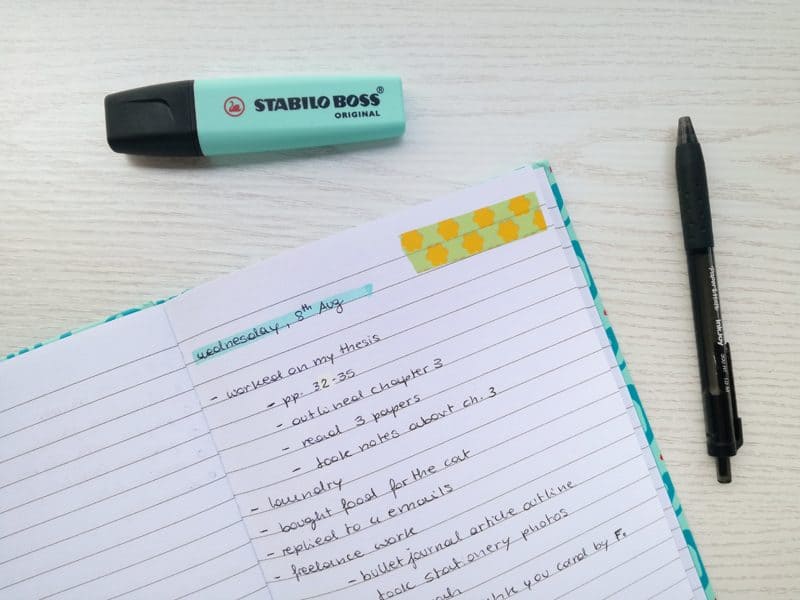
#12 Create a reverse “bucket list.”
What does this mean? A bucket list is a list of things you want to do before you “kick the bucket” or die. So a reverse bucket list would be a list of things you’ve already done.
How is this helpful in journaling? It can be a fun way to reflect on your life and all the things you’ve already accomplished. It can also help you set future goals and see what’s possible.
To get started, list things you’ve already done that you’re proud of. These could be big accomplishments like getting a degree or starting a business, or smaller things like learning to play an instrument or going on a solo trip. Then, take some time to reflect on each item on your list. Why is it meaningful to you? What did you learn from the experience?
Looking at your reverse bucket list can be a great way to boost your confidence and remind yourself of what you’re capable of.
#13 Look out the window
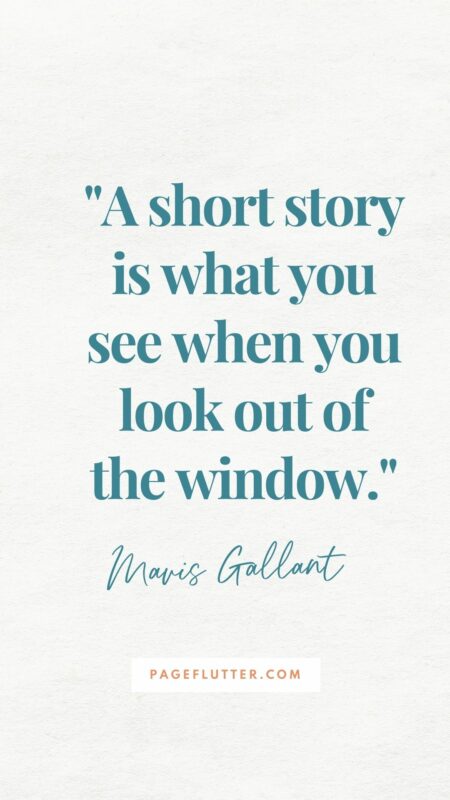
This may seem like a silly prompt, but it can be insightful. Take a few moments to look at your surroundings, and then write about what you see.
There’s this quote from Mavis Gallant I love that goes, “A short story is what you see when you look out of the window.”
Embrace that energy in your journal! Looking out the window with purpose can help you notice the small details in the world around you that you may have missed.
So, next time you’re stuck, try looking out the window and see what inspiration awaits you there.
#14 This time last year
Think about what was going on in your life this time last year and journal about it. How have things changed since then?
Journaling can capture big moments, but also the happenings of your day-to-day life. It can be as mundane as what you had for breakfast or as momentous as the birth of a child. All that matters is that it catalogs your thoughts, feelings, and experiences during a given time.
Looking back at my journal from last year, a lot has changed for me, and if I had to guess, maybe you’ve had a year of change, too.
#15 Set a timer:
Set a timer for 5-10 minutes (or longer, if you’re feeling ambitious), and start writing. The goal is to keep the pen moving and not worry about spelling, grammar, or anything else. Just let whatever wants to come out.
You might be surprised at what you come up with when you just start writing and let your thoughts flow. So set a timer and give it a try! You might just come up with your next great story or novel idea
#16 Start with a cliched first line
This one is pretty self-explanatory. Start your journal entry with a cliched first line (i.e., “It was a dark and stormy night”). Then see where the rest of the story takes you.
With such a statement, one would expect darkness, cold, wind, and rain. But what if the story took a different turn? What if it was a beautiful night, with a warm breeze and bright stars?
#17 Write about the best smell you have ever experienced
Smells can be evocative and transport us back to different times and places. Write about a time when you smelled something amazing. Your journal entry could describe:
-What you were doing when you smelled it
-Who you were with
-Where you were
-How the smell made you feel
Doing this exercise will help you remember when you felt happy and relaxed. The next time you feel stressed, try smelling something that reminds you of this memory. This can be a powerful tool to help you relax and feel more positive.
#18 Describe Your Utopia
This is a fun one to daydream about. What would your ideal world look like? No rules, no limits – just pure perfection.
In your journal, start by brainstorming a list of the things that would make up your dream society.
Let’s be honest…there’s a lot of room for improvement these days!
#19 Write about a memory
Think of a happy memory and write about it in as much detail as possible. Try including all five senses in your description. Your journal will be a happy place to visit when you need a pick-me-up!
#20 Incorporate Quotes
Make a list of your favorite quotes, and either write them out or practice your hand lettering and draw and doodle a bit.
Alternatively, you can use a favorite quote as a starting point, and write freeform about what it means to you, why you love it, and how you can incorporate its meaning into your life more frequently.
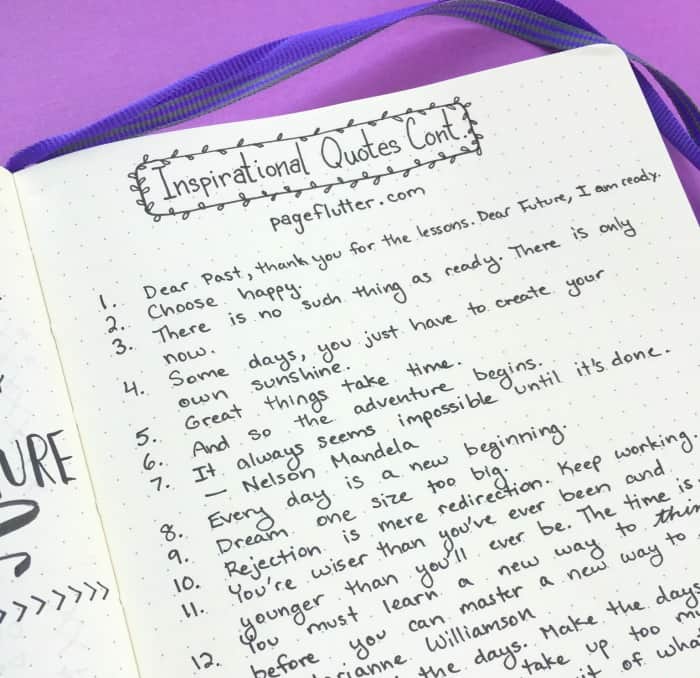
#21 Choose a Topic and Experiment
When most beginners think of journaling, they think “diary.” But your journal can also function as a planner, something to keep track of your daily routine, or even share a small part of your life that isn’t a traditional journaling topic.
For example, you could start a food journal with your favorite recipes, illustrations of different produce you love, or freeform writing about the best meals you’ve tried on adventures abroad.
Book journaling is popular too, and is a wonderful way to keep track of the characters you meet in between the pages.
You could make a twist on a reading journal with a cinema journal that includes doodles from your favorite movie, a “to see” list, or tracks your progress on a classic movies to watch challenge.
Pick a topic or hobby you love, and try out different ways of journaling about that topic.
#22 Make a List of Affirmations
Affirmations are a great thing to work on on days you’re feeling low, writing out a list of “I…” statements in a beautiful notebook to boost your confidence. You can also work on this when you’re feeling great, and refer back to the list when you need a boost.
#23 Try tracking
Habit trackers are a fun way to get into journaling, and you can pretty much track anything, from food, to exercise, reading, your period, keystone habits, and habits you want to break.
A symptom or mood tracker is a great way to make connections between your behaviors (food, sleep, stress, etc) and how it affects you.
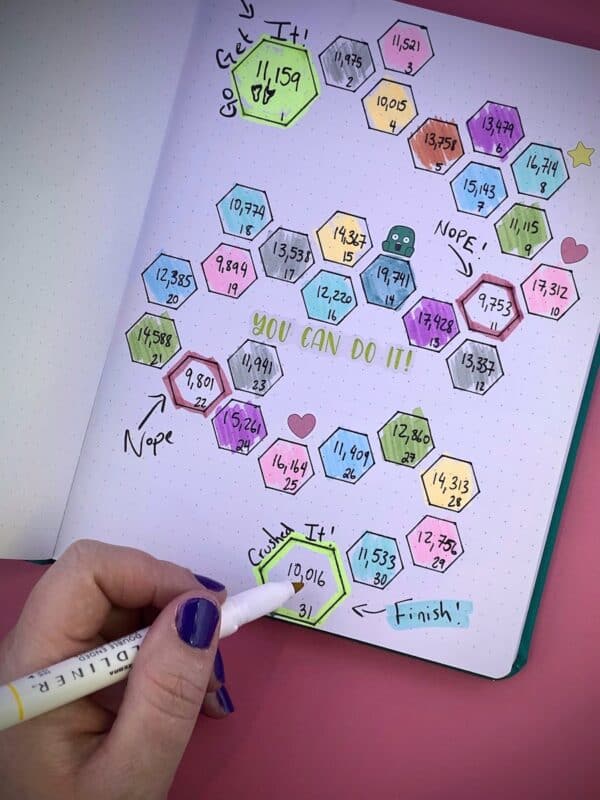
Final Thoughts on Starting Your Personal Journal Practice
If you’re new to journaling, starting with some basic prompts can be helpful. The ideas listed above will get you started, but feel free to get creative and come up with your own.
Write as little or as much as you like, and be as specific or general as you want. The most important thing is that you’re taking the time to reflect on your day and connect with yourself.
Do you have any favorite journaling tips? Share them in the comments below!


